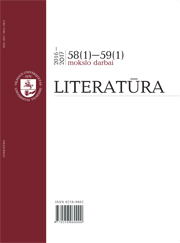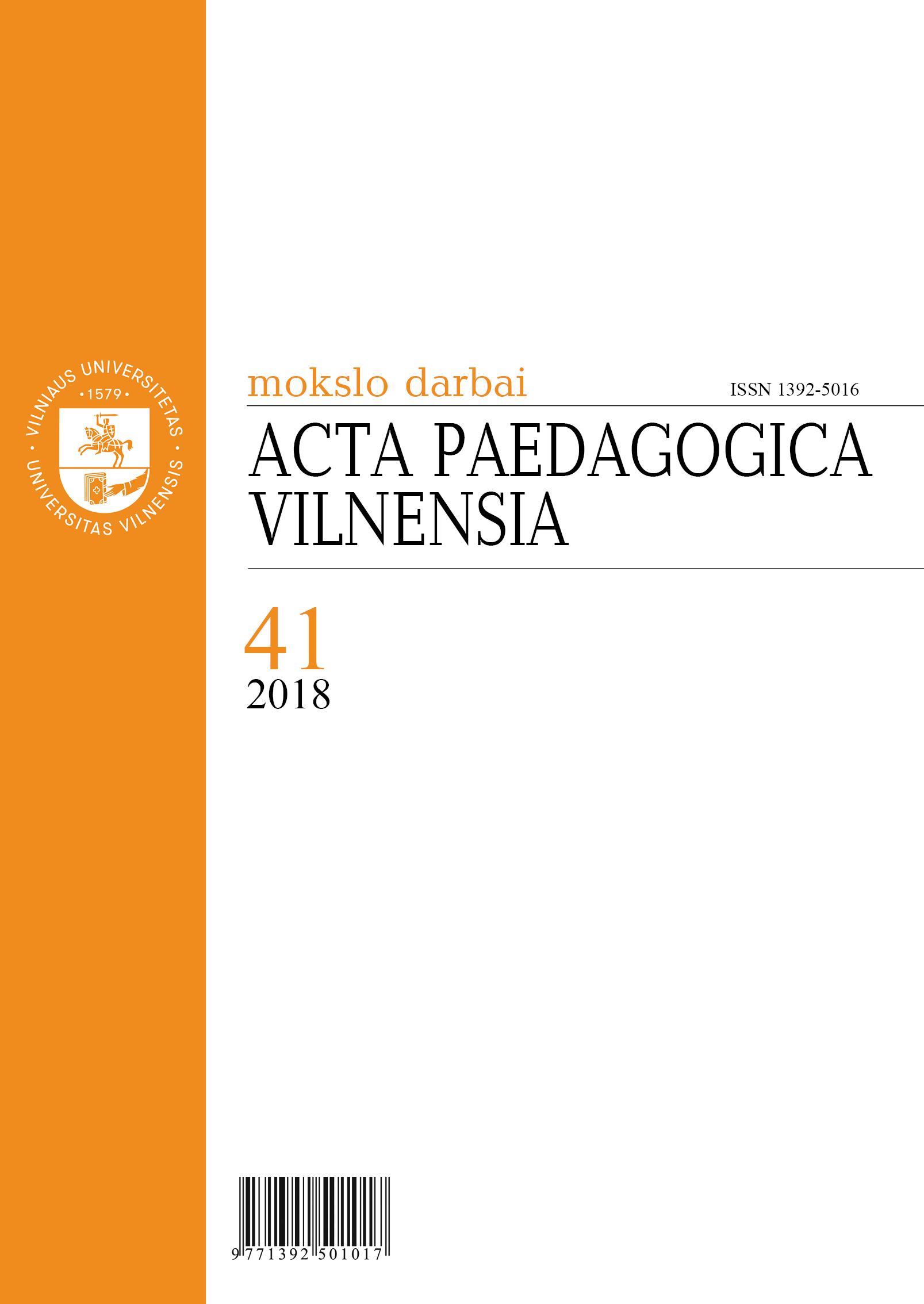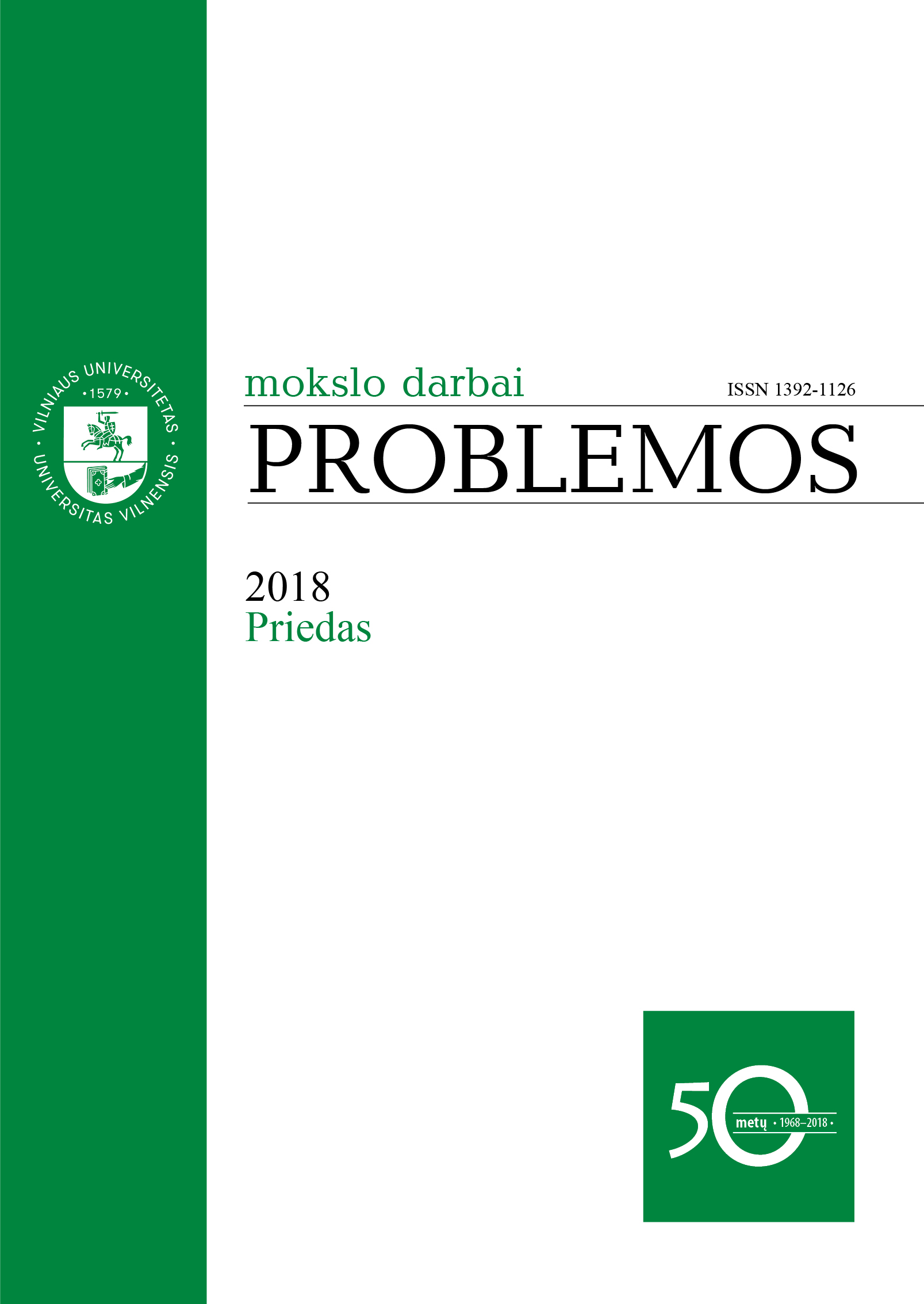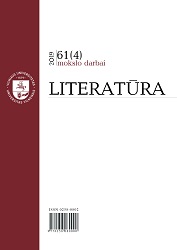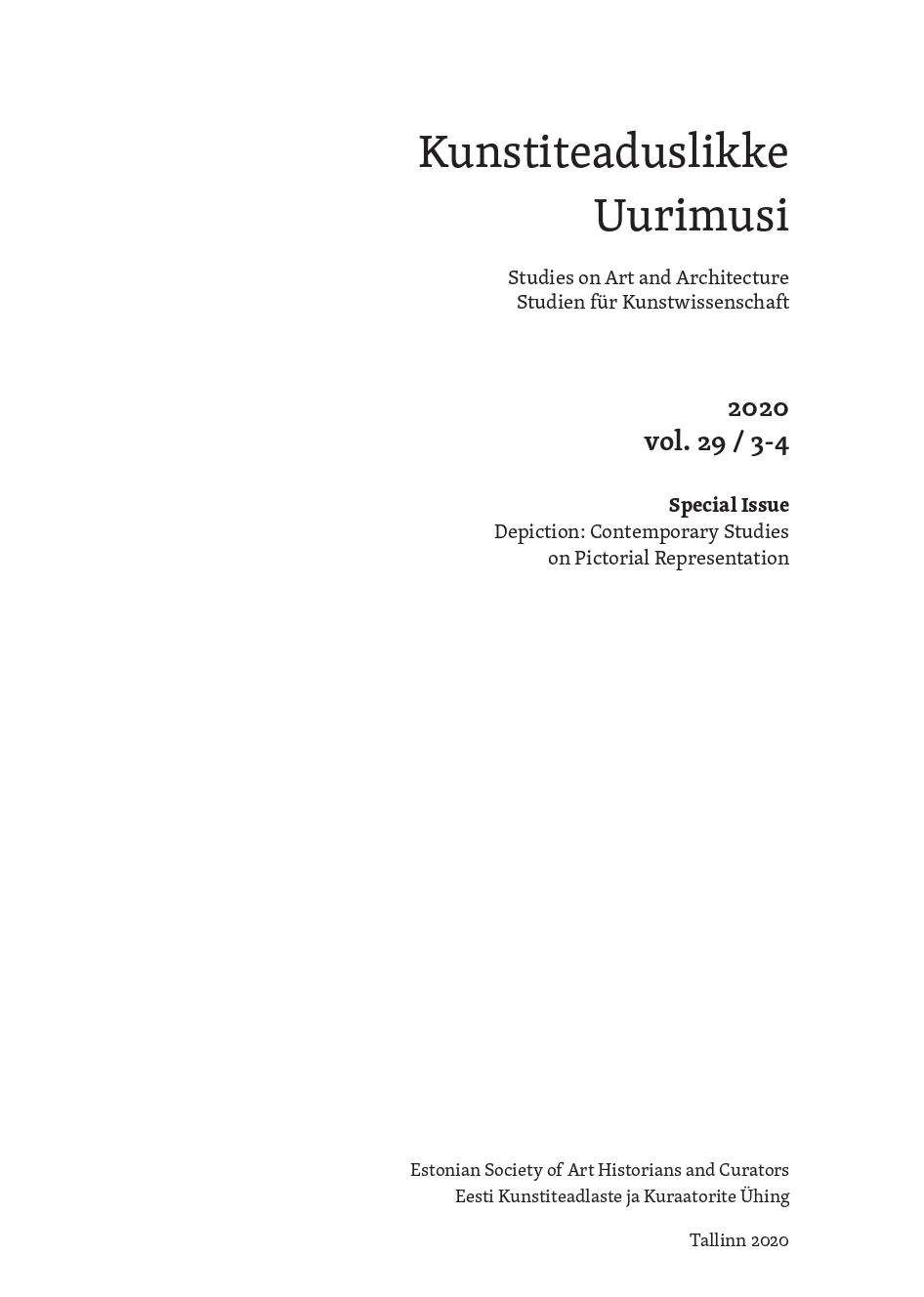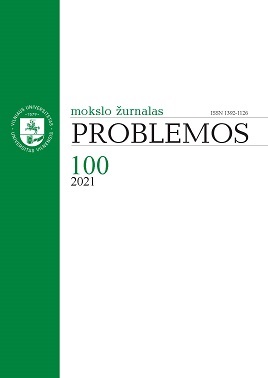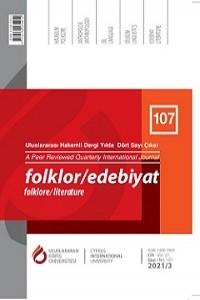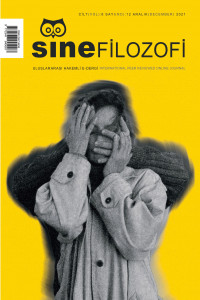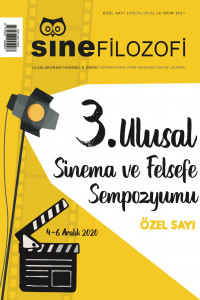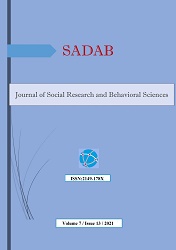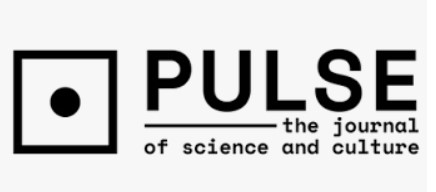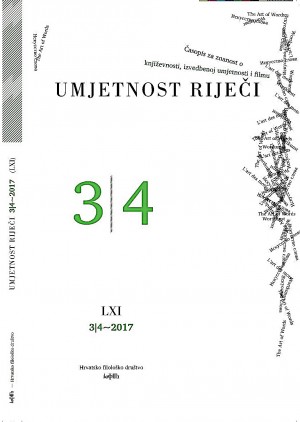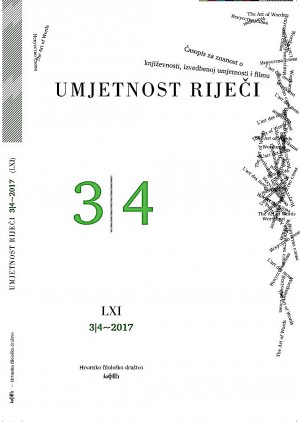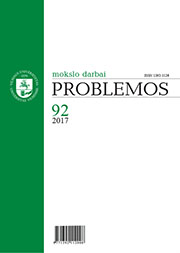
NUOBODULYS IR PRIEVARTA: ANTONIONI „FOTOPADIDINIMO“ ATVEJIS
The article examines cinematic violence, and deals with one of the most distinctive examples of metacinema, namely, Blow up by Michelangelo Antonioni. Firstly, Blow up covers not only the the key issues of history of photography but also those of ontology. Therefore, in the article, it is returned not only to one of the pioneers of photography, William H. F. Talbot, but also to key ideas of Plato. Secondly, interpreting the notions of Roland Barthes, philosophical aspects of fashion photography are explored. Thirdly, the controversy of John Berger and Don McCullin over the issue of photography of war or agony is discussed. The article reveals Antonioni’s strategy to capture violence not directly but as a symptom or opportunity to overcome the monotony of everyday life predominant in modern society. It is argued that such access allows Antonioni to avoid the hypostasis of the status of violence, which is typical for various prophetic artistic manifests.
More...
